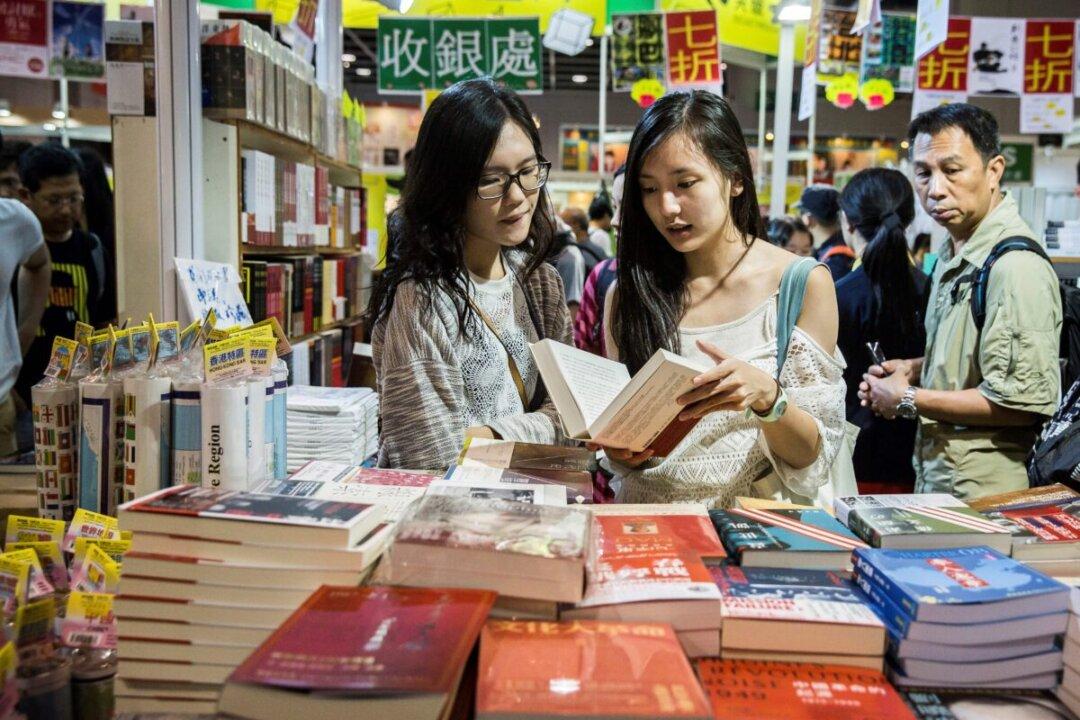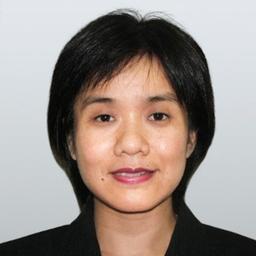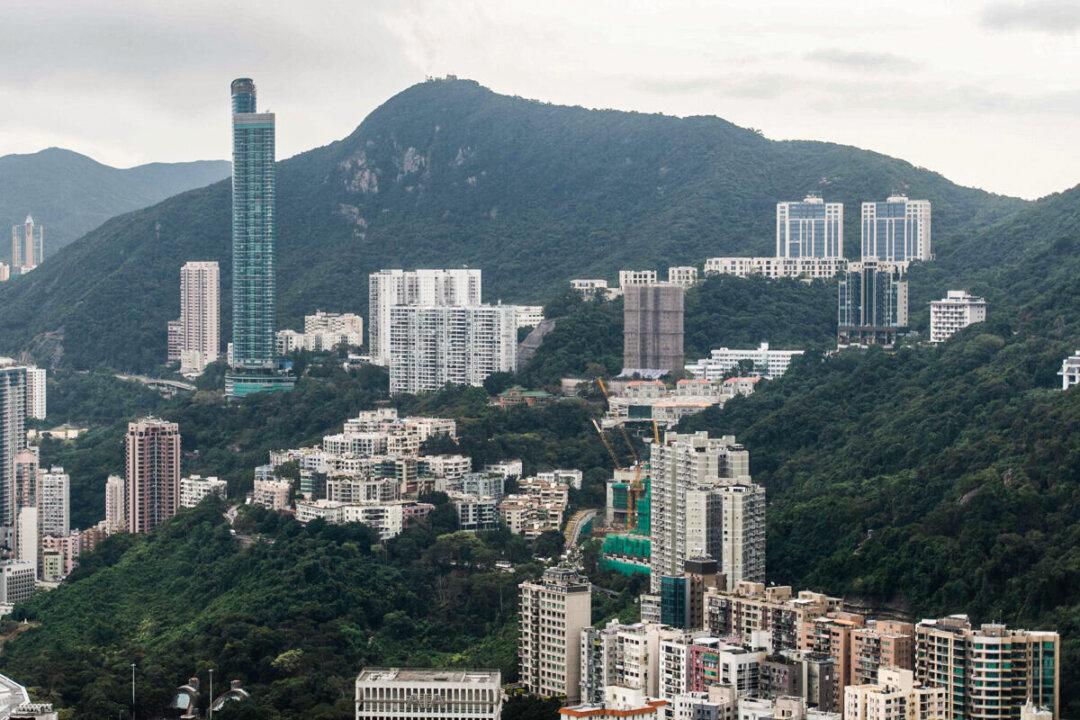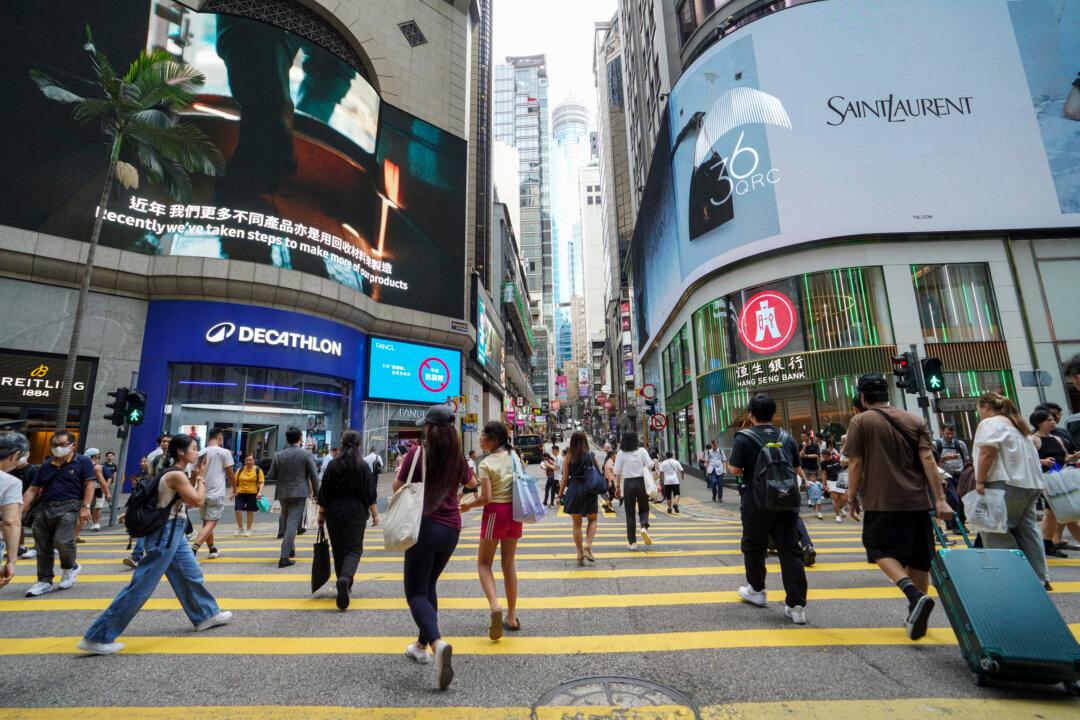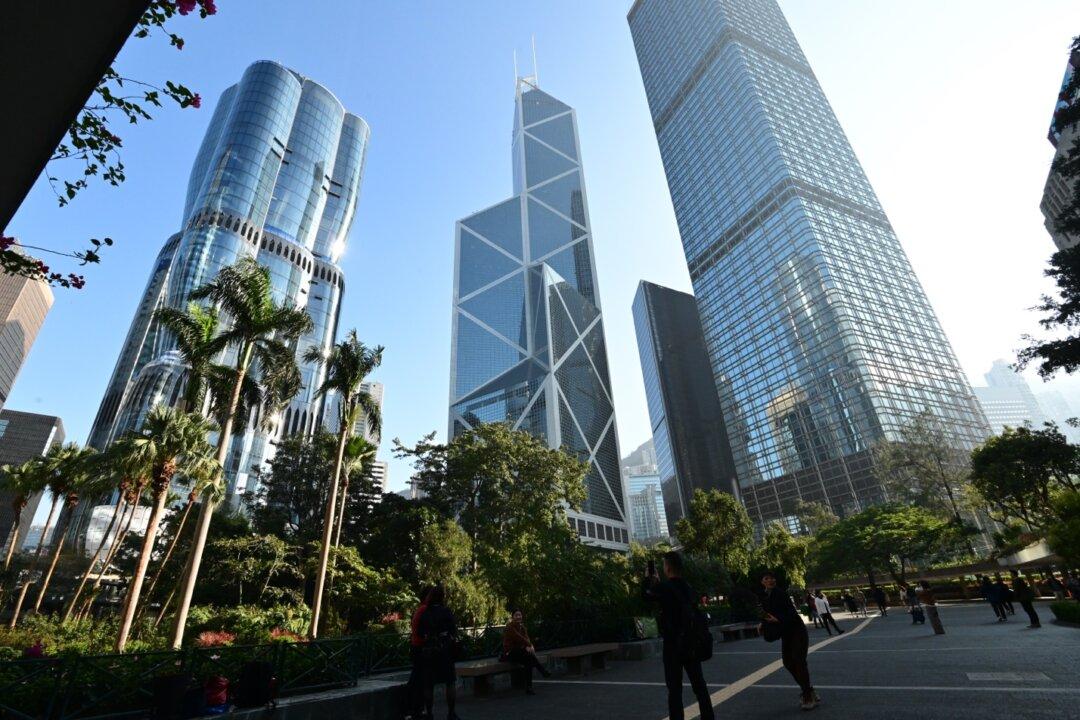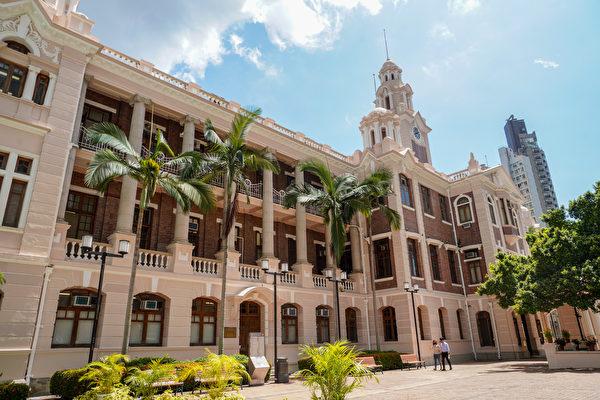Held in July, the Hong Kong Book Fair, the largest book exhibition in Asia, will be held for the second time since the implementation of the National Security Law. Several local publishers have been notified that they cannot participate due to their opinions allegedly being detrimental to the ever-tightening political environment.
In an interview with Commercial Radio Hong Kong on May 27, Daniel Wong, who runs the Kind of Culture free press, said they applied to participate early in the year but received notice this month that their application was denied without any indication of why the ruling was made.
